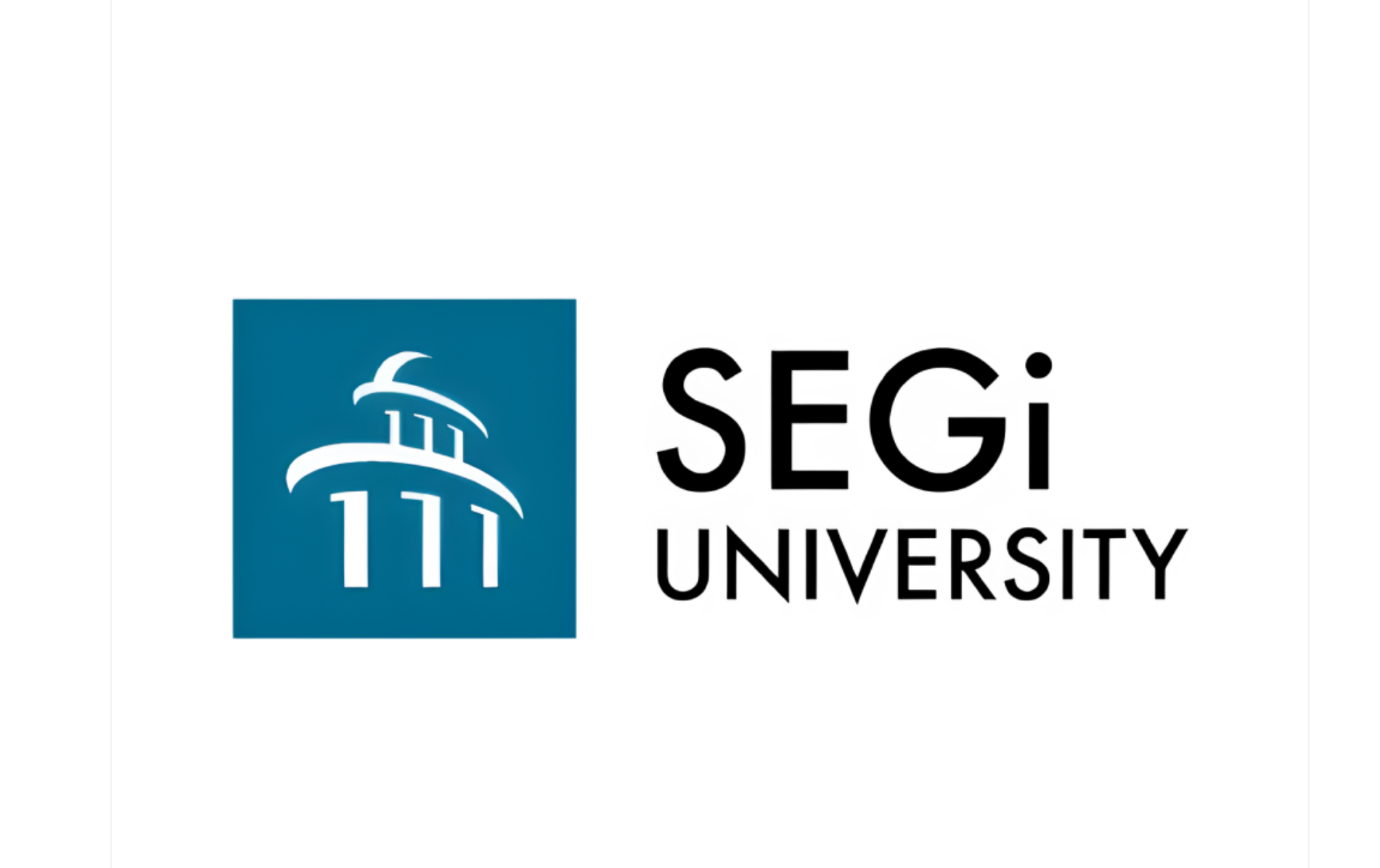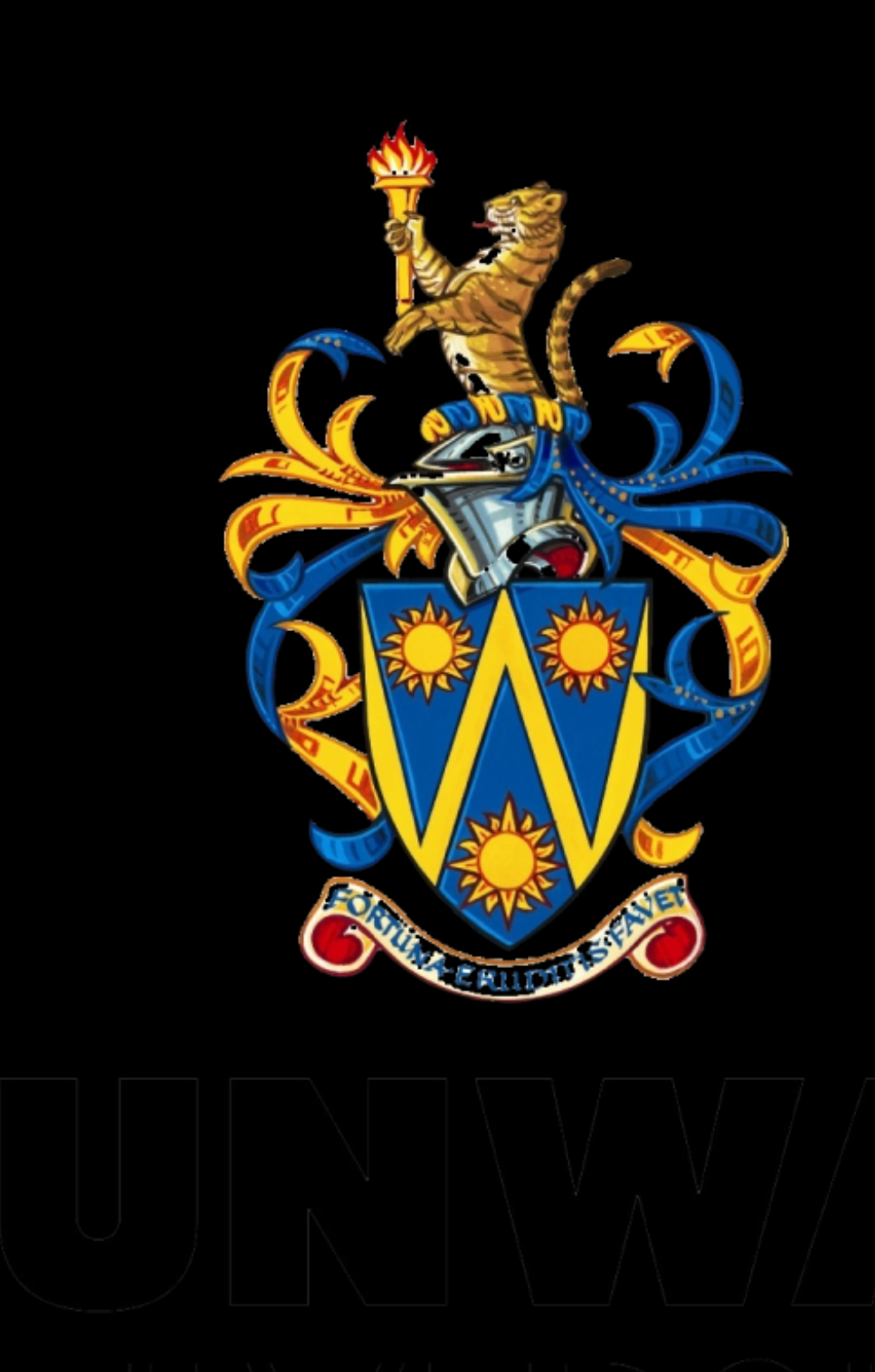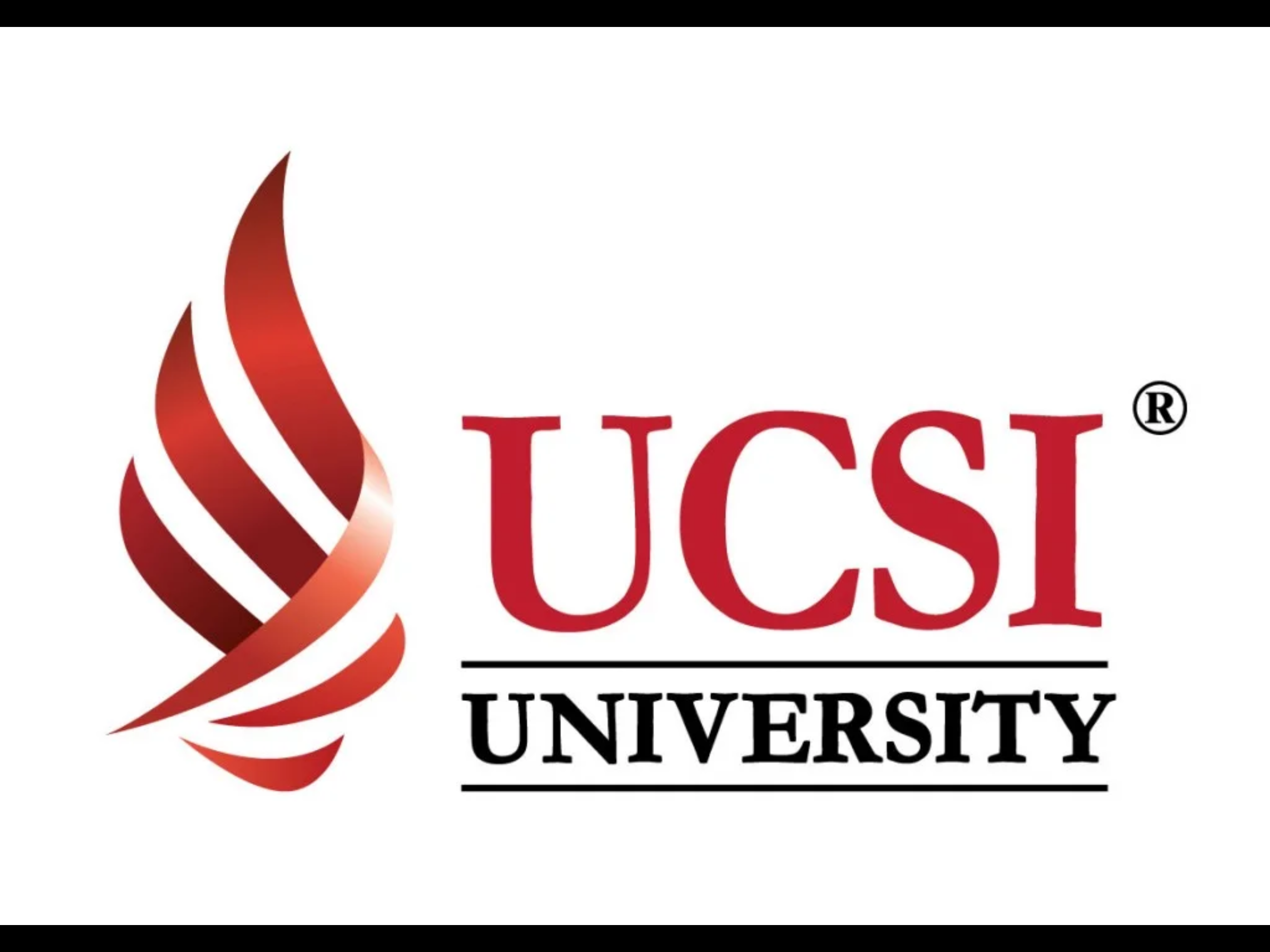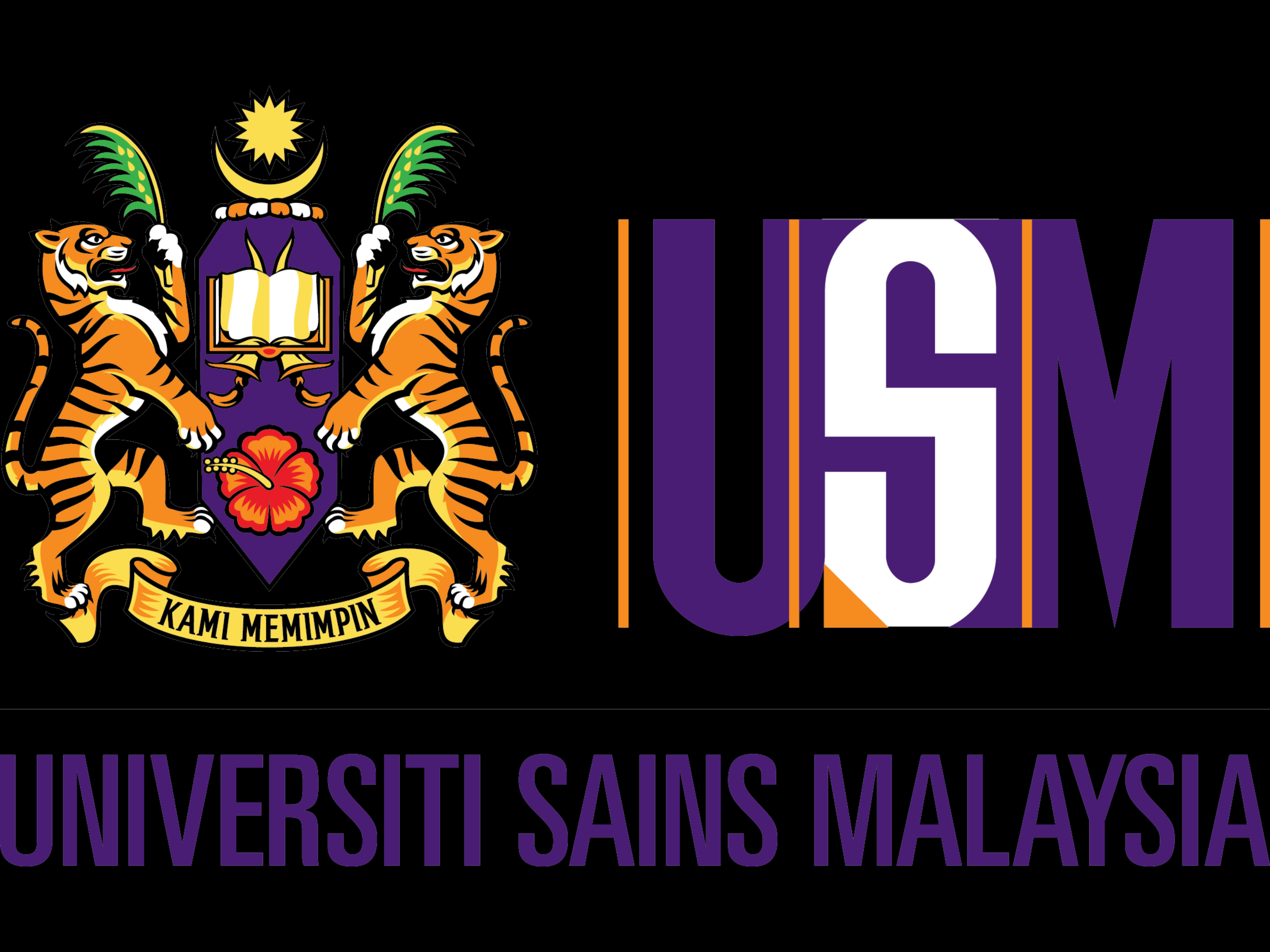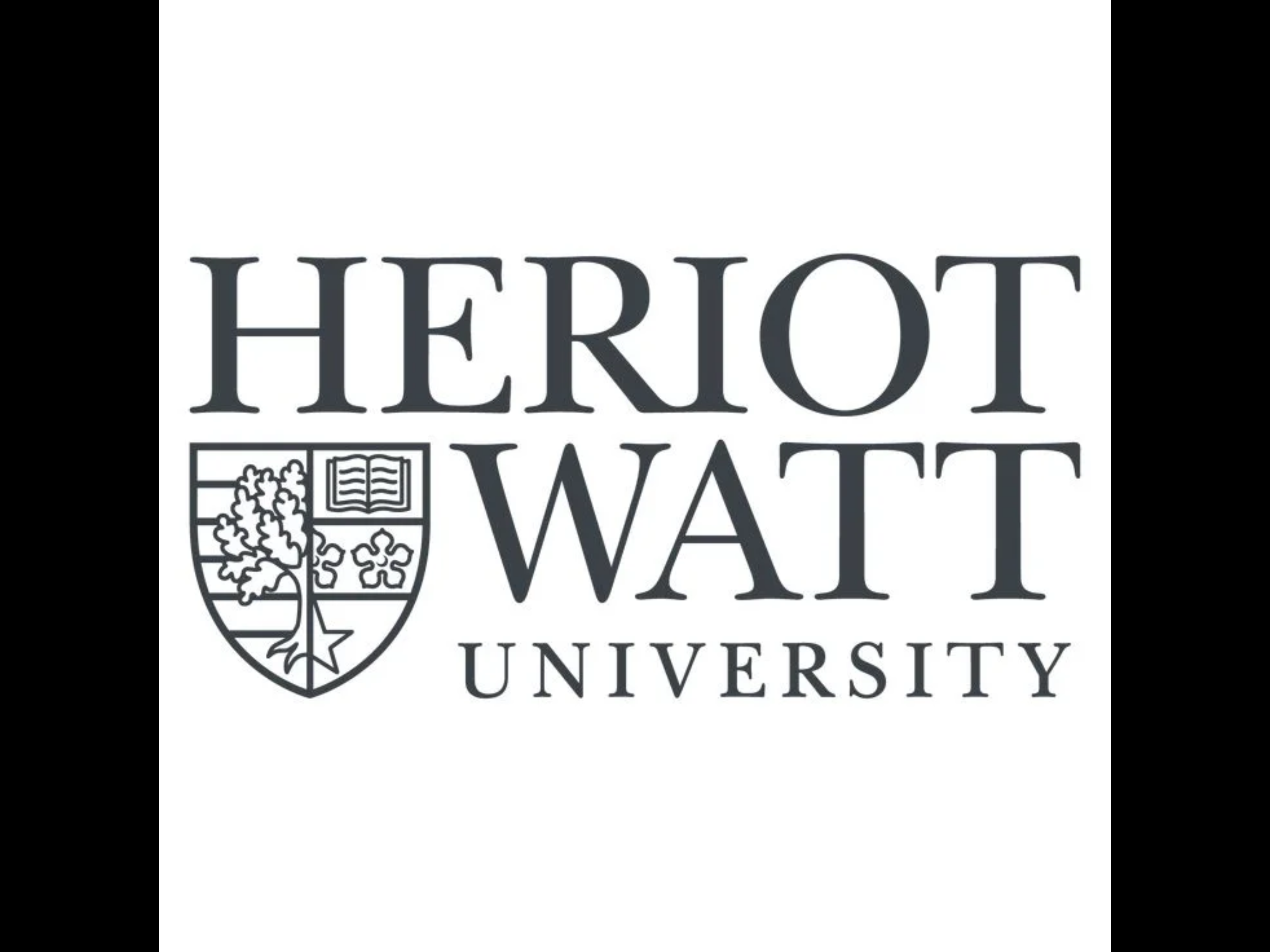Kuala Lumpur University
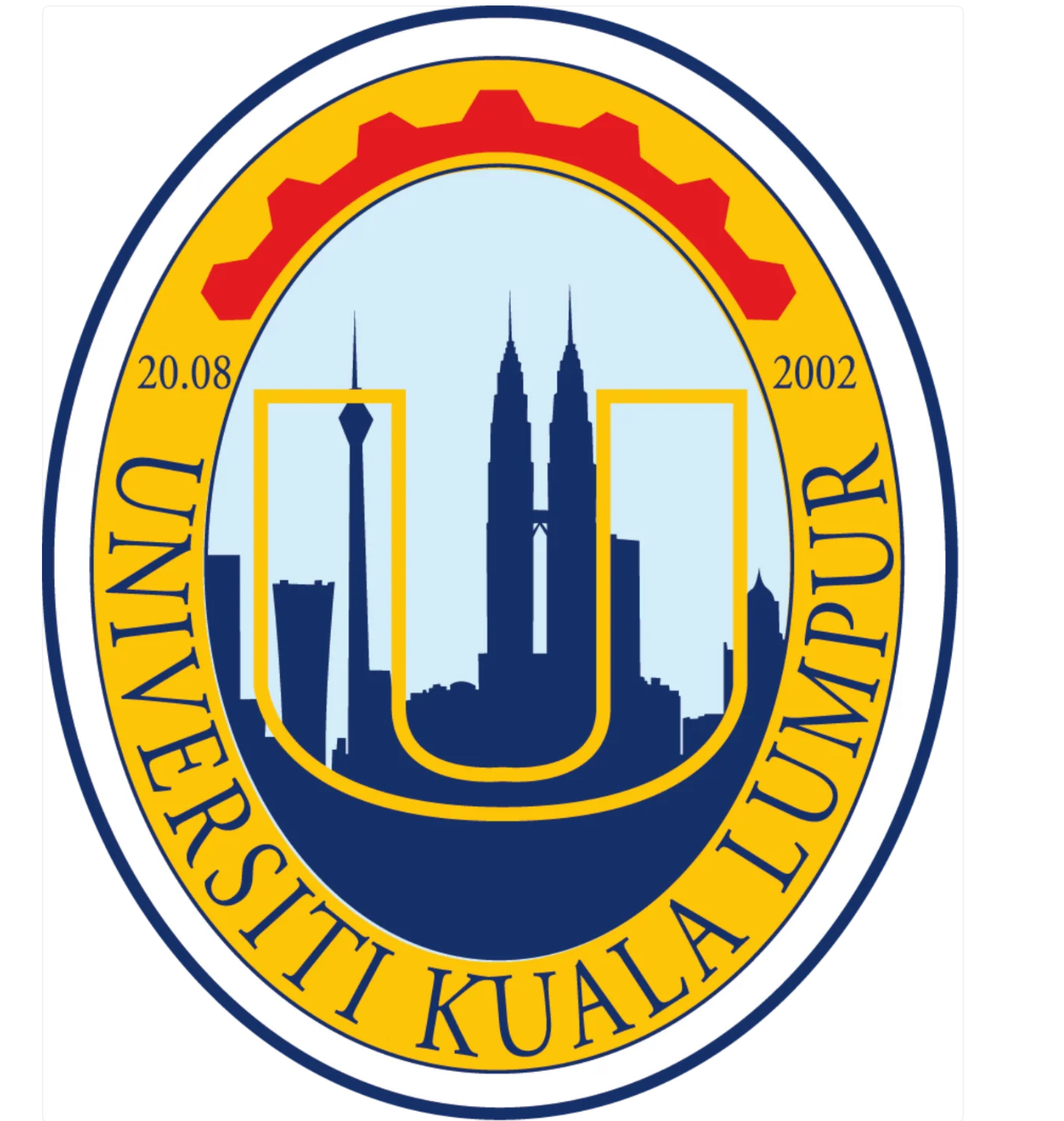
Kuala Lumpur University
About University of Kuala Lumpur (UniKL)
The University of Kuala Lumpur (UniKL) is a leading technical university in Malaysia, specifically focused on technical and technological education. Its aim is to equip graduates with the knowledge, skills, and attitudes required to contribute effectively to the global knowledge-based economy.
Establishment History and Location
- UniKL was established in 2002.
- The university's main administrative hub is located in Kuala Lumpur, Malaysia's vibrant capital, centrally positioned on Jalan Sultan Ismail.
- MRT and bus stations are conveniently located near the university, ensuring easy accessibility.
- Its 14 specialized institutes (campuses) are spread across 12 different locations throughout Malaysia (not just in Kuala Lumpur), including Ipoh, Lumut, Naning, Gombak, Gudang, Cheras, Bangi, Kajang, Pasir Sepang, Tapah, and Kulim. This reflects UniKL's "One Institute, One Specialization" concept, where each campus focuses on a specific field.
University Vision and Objectives
UniKL focuses on producing world-class technopreneurs, equipping them with strong practical skills and technological knowledge. Its key objectives include:
- Providing excellent academic programs from foundation and diploma levels to bachelor's, master's, and doctoral degrees.
- Offering state-of-the-art technological facilities for practical application.
- Instilling entrepreneurial skills in its graduates and opening opportunities for them to become leaders in their respective fields.
- Contributing to Research and Development (R&D) for commercialization purposes.
Rankings and Recognition
- Internationally and Locally Recognized: UniKL is recognized by the Malaysian Ministry of Higher Education (MOHE), and all its programs are accredited by the Malaysian Qualifications Agency (MQA), ensuring the quality of education.
- Global Rankings:
- UniKL was ranked 1001-1200 in the QS World University Rankings 2024.
- It was ranked among the top 401 universities in the QS Asia University Rankings 2025.
- It is considered one of the best universities in Asia, having been ranked 351st out of 7700 accredited universities in the region in 2018.
- International Accreditations: The university holds accreditations from numerous reputable professional and scientific bodies locally and internationally.
Advantages of Studying at UniKL
- High-Quality Education: Programs are internationally recognized and adhere to global quality standards.
- Modern Learning Environment: The university boasts modern facilities, well-equipped laboratories, and advanced learning centers.
- Focus on Practical Application: The university emphasizes experiential learning and problem-based learning, offering practical training opportunities for students to prepare them for the job market.
- Diverse Student Body: The university has over 20,000 students from various nationalities, providing a rich and multicultural learning environment.
- Innovation and Research Opportunities: The university encourages research and development and supports the commercialization of research outcomes into applicable products and solutions.
- Extensive Alumni Network: The university has produced tens of thousands of successful graduates since 2005.
Prominent Faculties at University of Kuala Lumpur (UniKL)
The University of Kuala Lumpur (UniKL) stands out with its diverse and specialized faculties covering a wide range of vital fields, reflecting the university's focus on practical and technological education. Among its most prominent faculties are:
-
Faculty of Engineering and Technology: This faculty is a cornerstone of the university, offering a variety of comprehensive engineering programs in disciplines such as:
- Electrical and Electronics Engineering: For students interested in circuits, electrical systems, and electronics.
- Mechanical Engineering: Focusing on the design and manufacturing of machines and mechanical systems.
- Civil Engineering: For the design and construction of infrastructure like buildings, roads, and bridges.
- Environmental Engineering: Addressing solutions for environmental issues.
- In addition to other specialized areas like Aeronautical Engineering, Automotive Technology, and Naval Architecture.
-
Faculty of Business Management: This faculty offers modern and integrated programs that combine management principles with a strong technical focus, including:
- Business Administration: Providing students with the foundational knowledge needed to manage organizations.
- Finance: Training specialists in financial markets and investment.
- Marketing: Teaching strategies for promoting products and services in the modern market.
-
Faculty of Medical and Pharmaceutical Sciences: This is one of the vital faculties that produces qualified professionals for the healthcare sector, offering important programs such as:
- Medicine (MBBS): Preparing future medical doctors.
- Nursing: Qualifying highly competent nurses.
- Pharmacy: Equipping students with essential pharmaceutical knowledge.
Tuition Fees at University of Kuala Lumpur (UniKL)
Tuition fees at the University of Kuala Lumpur (UniKL) vary significantly based on the chosen academic program and faculty.
These fees are determined annually and typically include core tuition costs along with charges for using university facilities and various student services. For the most current and accurate information regarding fees, it is always advisable to visit the university's official website or contact the admissions department directly.
Admission Requirements for the University of Kuala Lumpur (UniKL)
Admission requirements at the University of Kuala Lumpur (UniKL) vary depending on the level of study you wish to pursue (Bachelor's, Master's, PhD). Here's a general overview of the essential documents and minimum academic and English language proficiency scores required:
1. General Document Requirements
These documents are typically required for all levels of study:
- Valid Passport: A clear copy of all used pages.
- Recent Passport-Sized Photos: With a white background.
- Previous Academic Certificates:
- For Bachelor's Applications: High school diploma/certificate.
- For Master's Applications: Bachelor's degree certificate.
- For PhD Applications: Master's degree certificate.
- Academic Transcripts (Mark Sheets): A complete academic record showing all subjects and grades obtained in previous study stages.
- English Language Proficiency Certificates: (Refer to the minimum language requirements section below).
- Statement of Purpose / Motivation Letter: Usually required for Master's and PhD programs, outlining your reasons for wanting to study and your chosen specialization.
- Recommendation Letters: Required for Master's and PhD programs, typically from previous academic professors or supervisors.
- Curriculum Vitae (CV/Resume): Required for Master's and PhD programs, summarizing your academic and professional experiences.
2. Minimum Academic Admission Criteria
- Bachelor's Programs: Academic requirements vary by specialization, but generally, a good academic standing in your high school certificate (or its equivalent) is required.
- Master's Programs: Typically require a Bachelor's degree with a minimum GPA of 70% (or its equivalent) in a relevant field.
- PhD Programs: Require a Master's degree in a relevant field with a strong academic record.
3. English Language Proficiency Requirements
Proficiency in English is a fundamental admission requirement and can be demonstrated through one of the following tests (minimum scores):
| Test | For Bachelor's Programs | For Master's & PhD Programs |
| IELTS (Academic) | 5.5 | 6.0 |
| TOEFL (PBT - Paper-Based) | 525 | 550 |
| TOEFL (CBT - Computer-Based) | 167 | 213 |
| TOEFL (IBT - Internet-Based) | 69 | 79 |
Copyright @ | All Right Reserved. Developed by Alameer Media.
